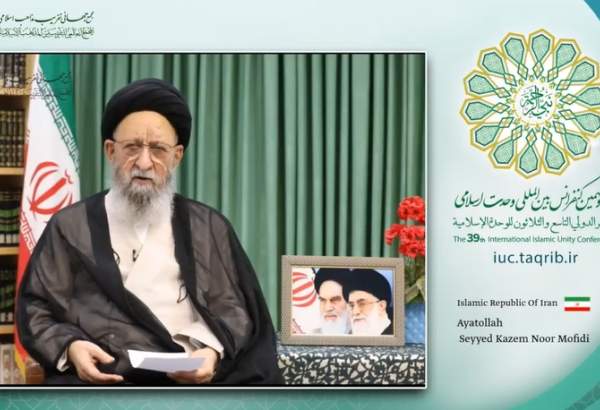Breaking: Unity's Divine Blueprint - How the Qur'an and Prophet's Life Illuminate Collective Harmony

In a powerful statement highlighting the importance of Islamic unity, the representative of the Leader of the Islamic Revolution in Golestan province emphasized that true solidarity among Muslims is deeply rooted in the teachings of the holy Qur'an and the exemplary lifestyle of Prophet Mohammad (PBUH). The representative passionately argued that if genuine unity and brotherhood truly existed within the Islamic ummah, the devastating humanitarian crisis and ongoing genocide in Gaza would have been prevented.
By drawing attention to the fundamental principles of Islamic brotherhood and mutual support, the representative underscored the critical need for Muslims worldwide to stand together in solidarity, transcending geographical, political, and sectarian boundaries. The message serves as a poignant reminder of the Qur'anic teachings that call for compassion, mutual understanding, and collective action in the face of oppression and human suffering.








